BIAL FOUNDATION DISTINGUISHES WORK ON FAMILIAL AMYLOID POLYNEUROPATHY WITH 100 THOUSAND EUROS PRIZE
The “Prémio BIAL de Medicina Clínica 2020” has distinguished a team coordinated by Teresa Coelho, Director of the Neurophysiology Department at the Academic Medical Centre of Porto, for the work “A Paramiloidose em Portugal e no mundo: de doença fatal a doença crónica com qualidade de vida preservada” (Paramyloidosis in Portugal and the world: from fatal disease to chronic disease with preserved quality of life).
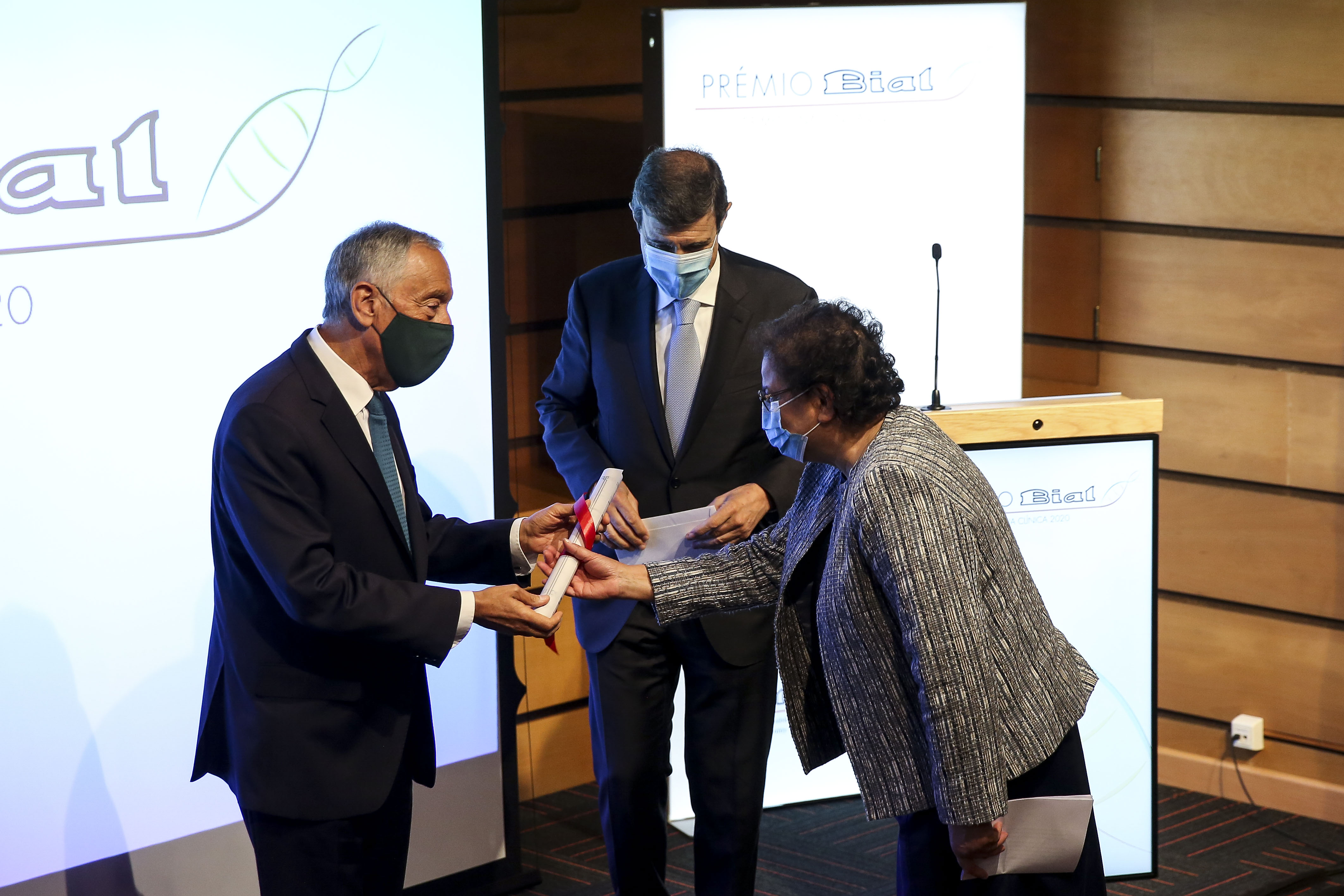
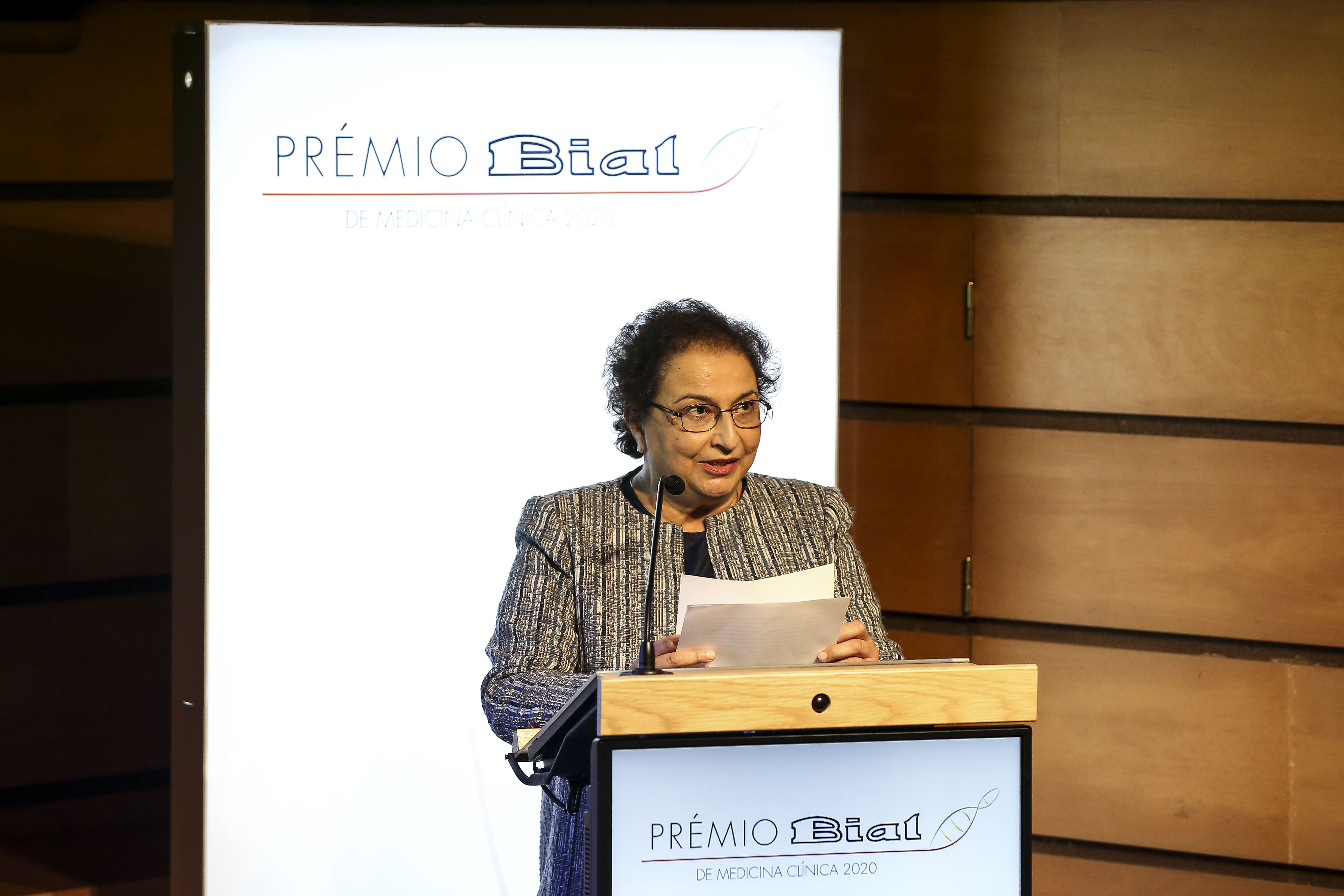
The award-winning study traces the evolution of paramyloidosis up to the present day, departing from its identification by the Portuguese neurologist Mário Corino de Andrade in the 1950s following a clinical and pathological study on a group of patients predominantly from the Póvoa do Varzim and Vila do Conde area.
Paramyloidosis, also known as Familial Amyloid Polyneuropathy (FAP), is a rare, genetically transmitted neurodegenerative disease. It is estimated to affect around 10,000 people worldwide, with the largest group of sufferers being in Portugal, which accounts for 20% of the global total.
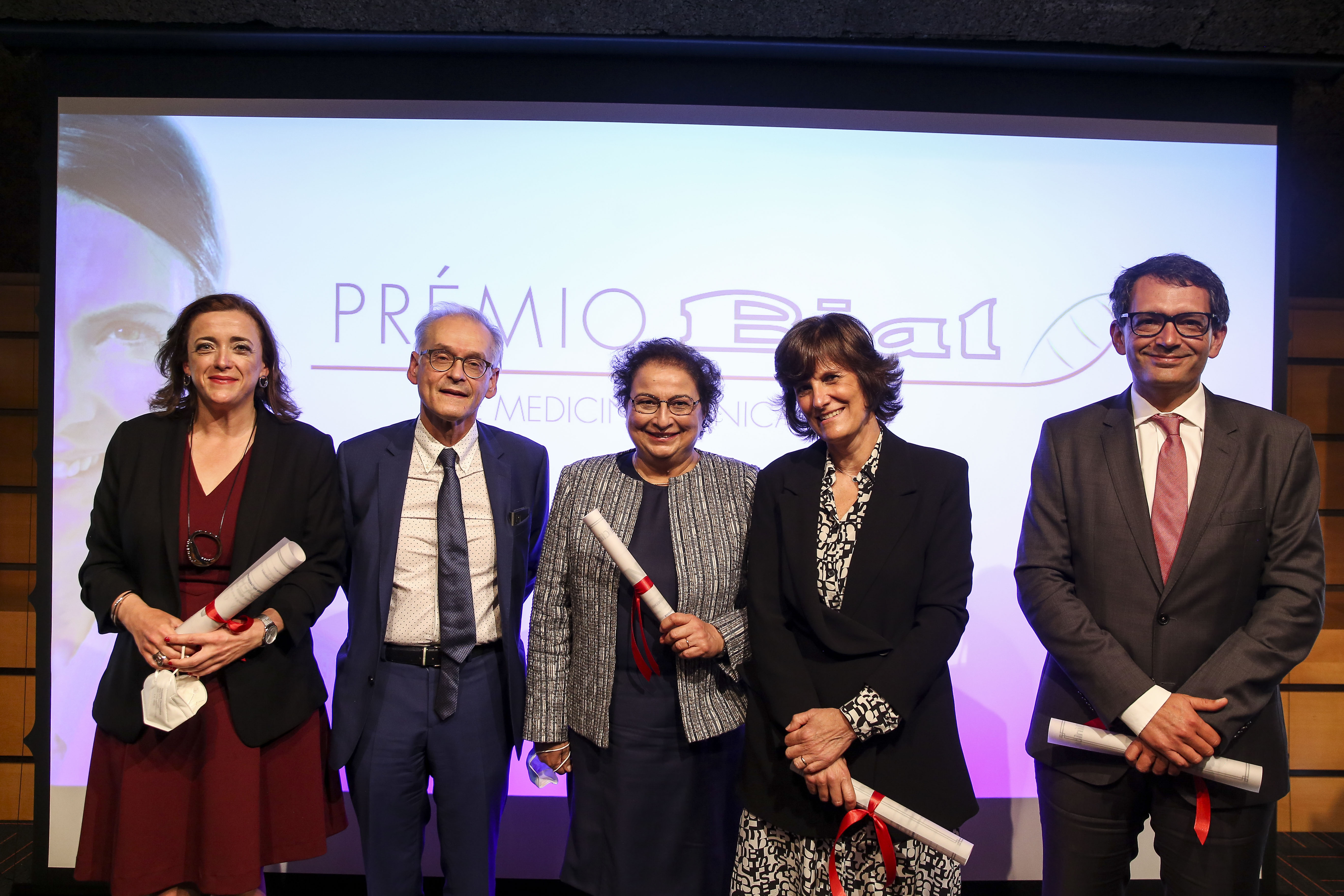
According to the panel chair for the Prémio BIAL de Medicina Clínica 2020, Manuel Sobrinho Simões, “the winning work tells a story that really speaks to the Portuguese people and it is one that we still hope will have a happy ending. Being diagnosed with paramyloidosis was tantamount to a death sentence. The discovery of new drugs has saved many lives and reduced the negative impacts of the disease which, despite the progress made, are still huge”.
Two Honourable Mentions for work on cancer and COVID-19
The panel for the Prémio BIAL de Medicina Clínica 2020 also decided to award two Honourable Mentions, worth 10,000 euros each.
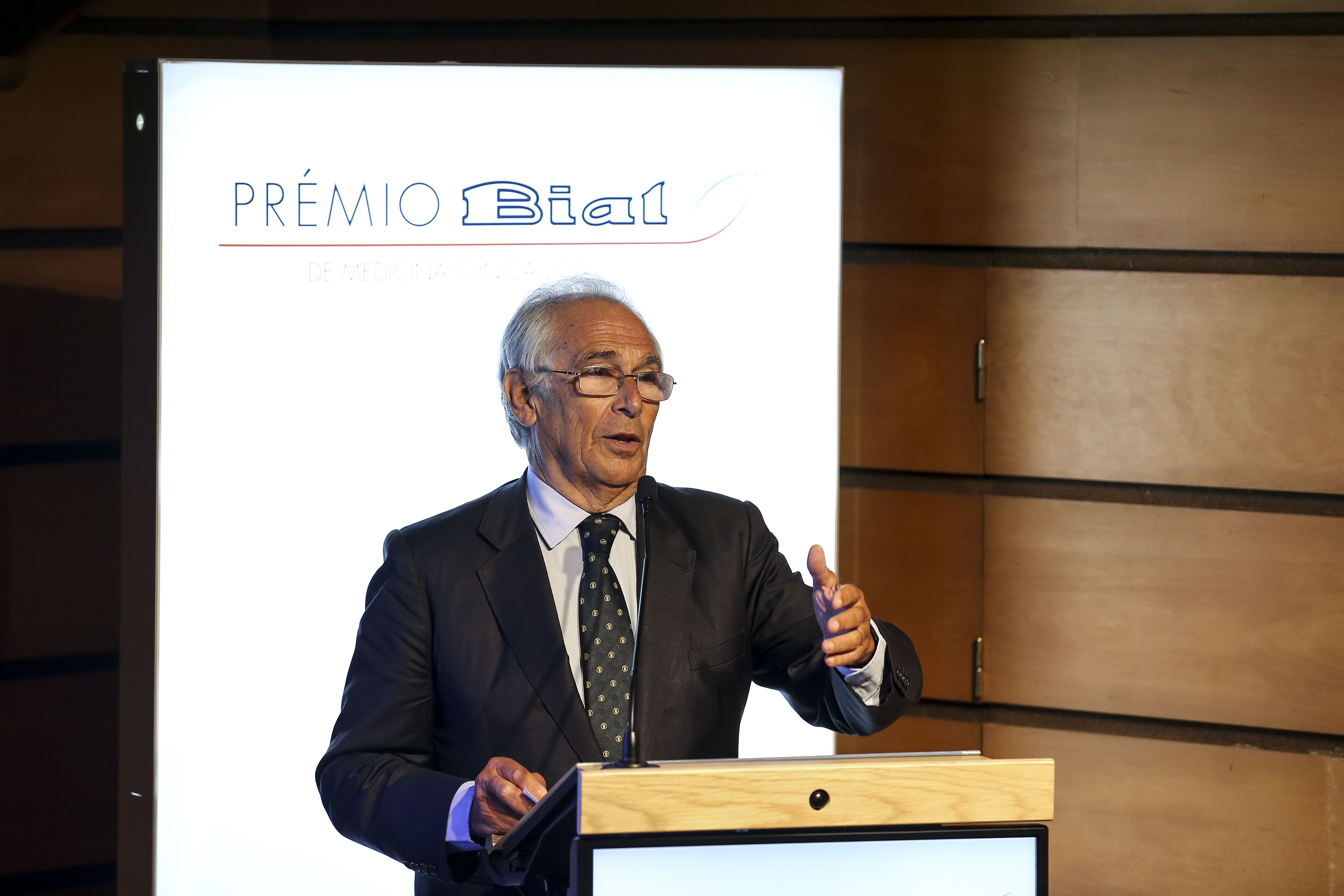
Sobrinho Simões highlights the relevance of the works awarded an Honourable Mention, pointing out that “the panel also distinguished two works that demonstrate the pertinence and urgency of medical research, on the one hand cancer and the new personalised therapies that characterise the research being done in this field and, on the other hand, the pandemic that defined 2020.”
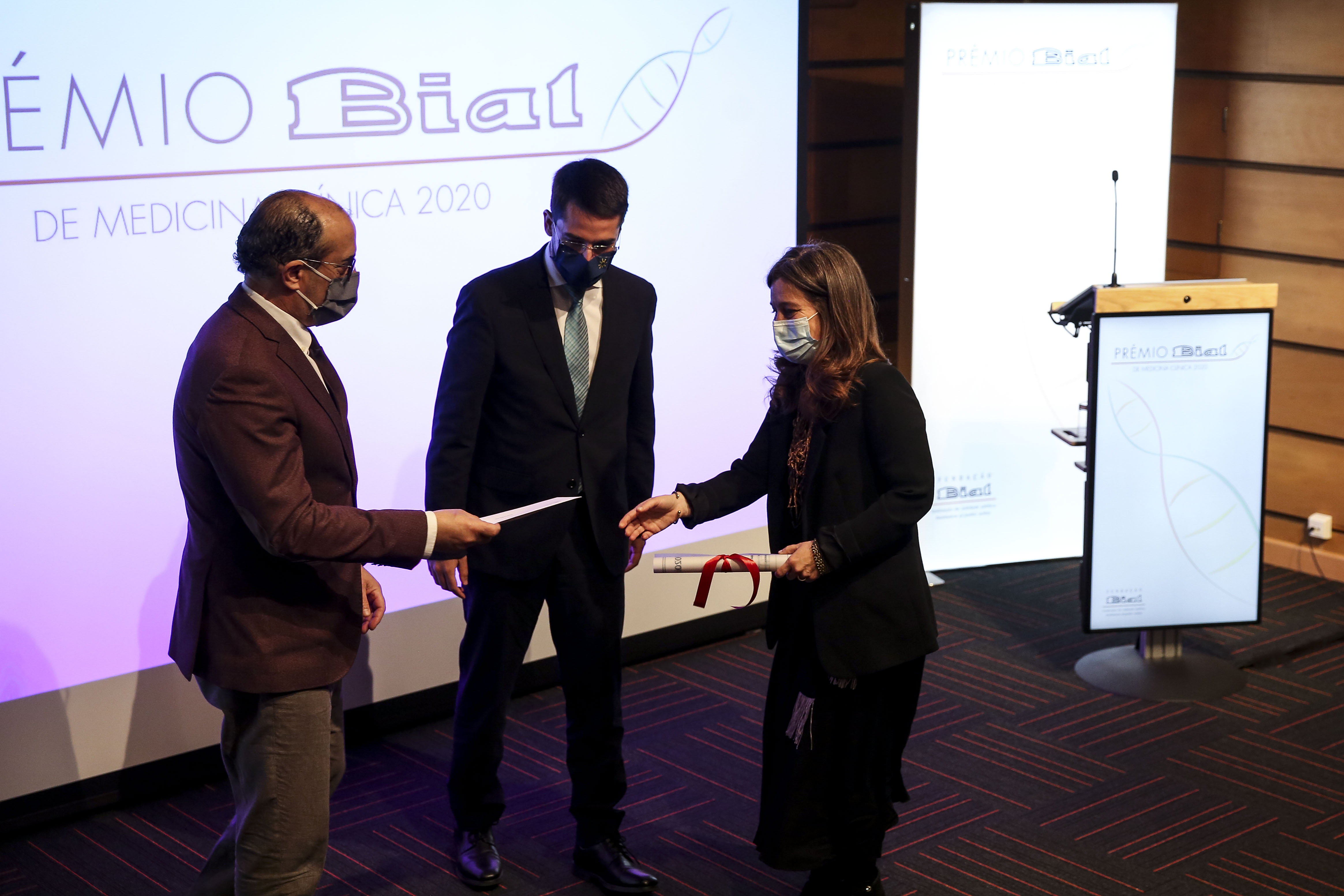
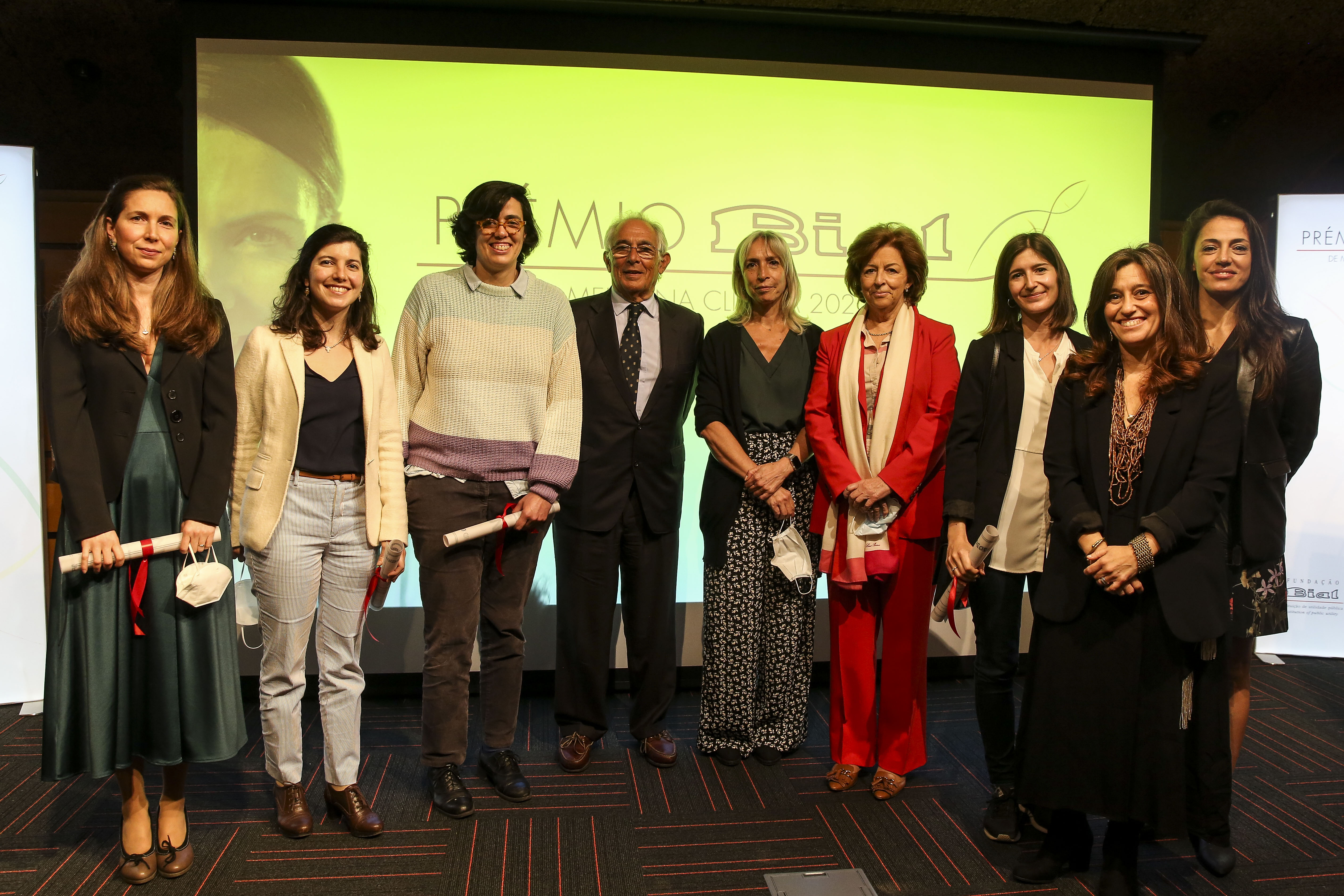
“Zebrafish Avatars, Towards Personalized Cancer Treatment, a multidisciplinary venture” is a work coordinated by Rita Fior, from the Champalimaud Foundation. The research uses zebrafish in an attempt to develop a test to determine the best therapy option for each cancer patient.
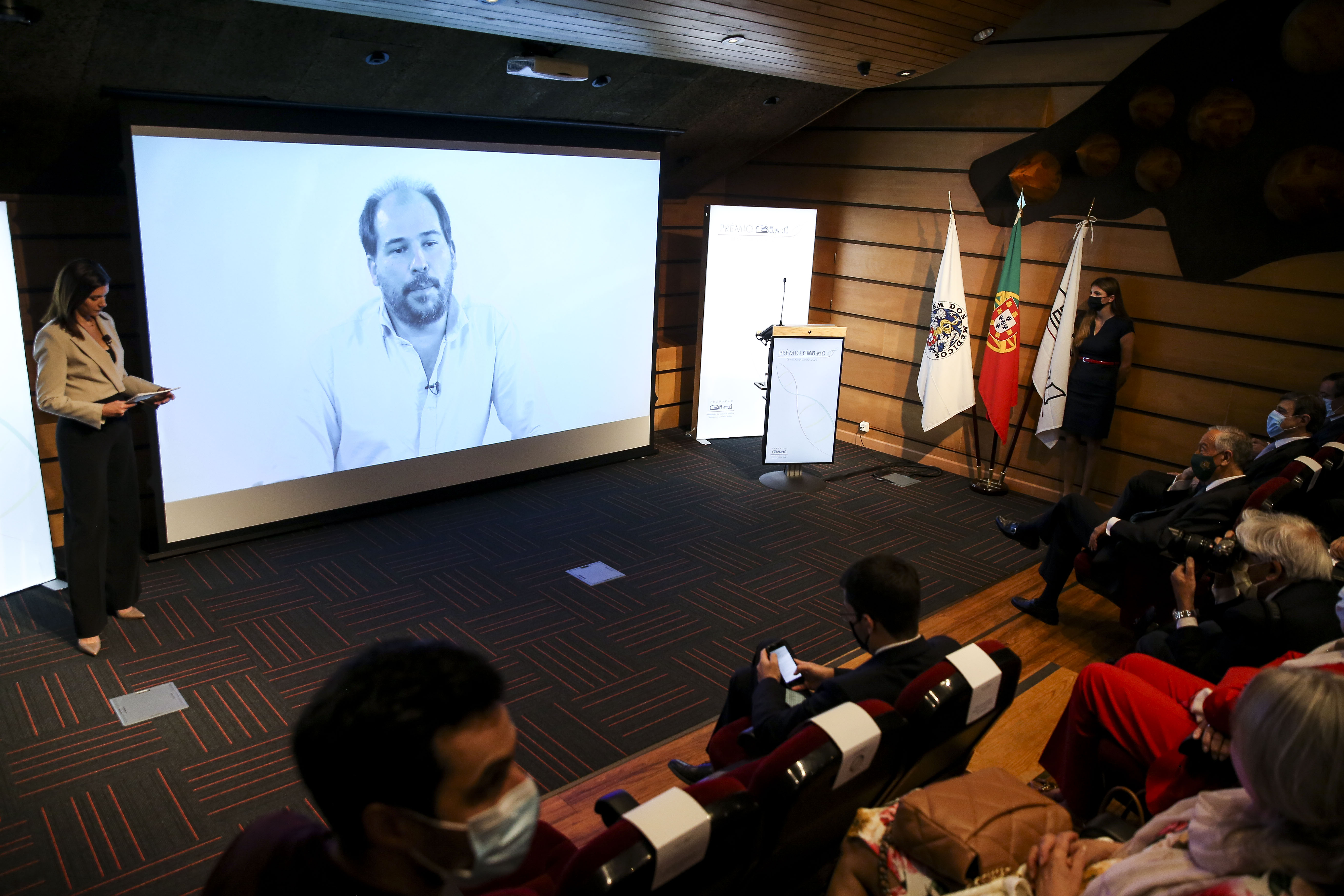
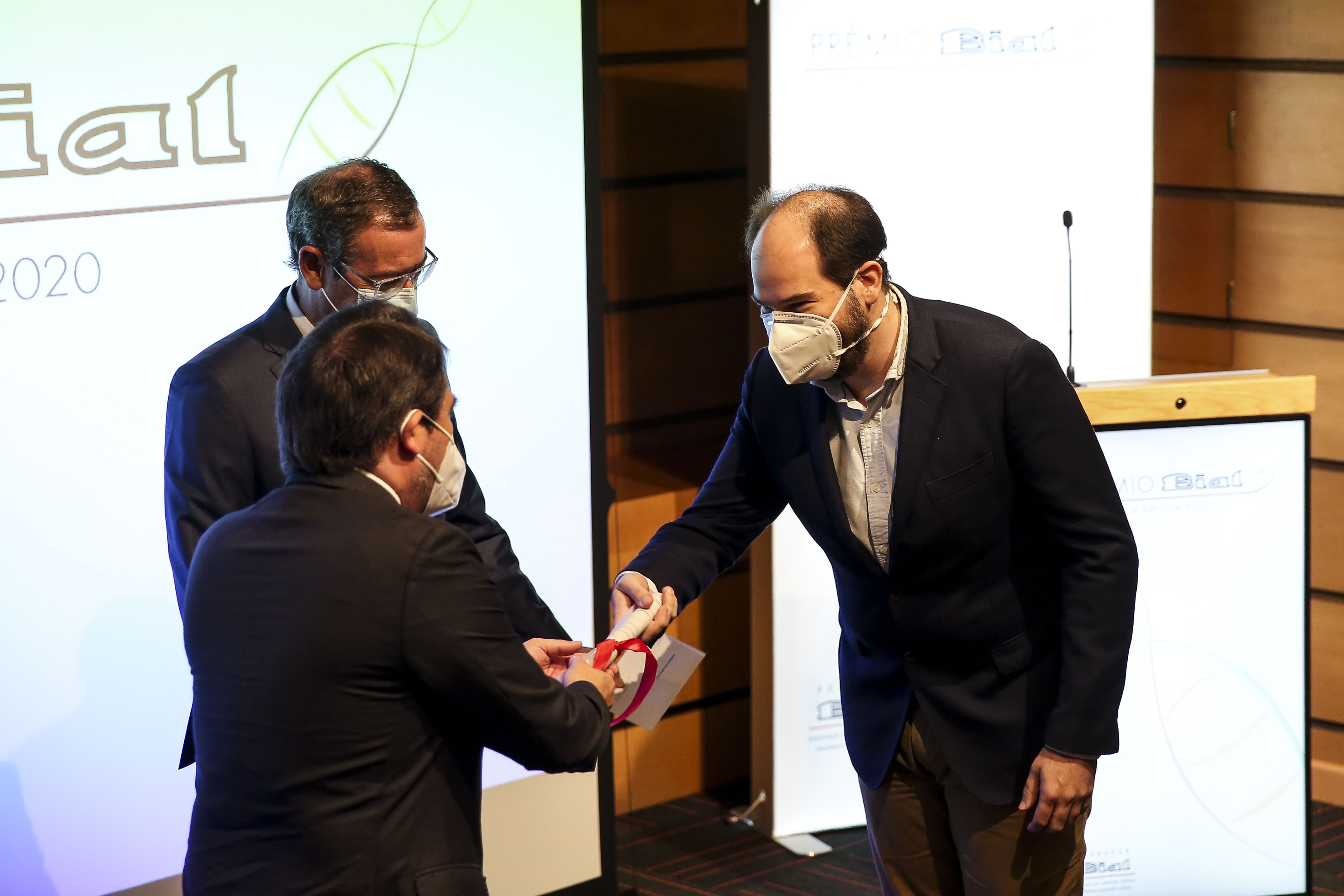
The other Honourable Mention was awarded to the study “Abordagem do doente crítico com COVID-19” (Approach to critically ill COVID-19 patients), coordinated by João Mendes, from the Fernando da Fonseca Hospital, which examines the response of intensive care medicine to the first wave of COVID-19.






















































